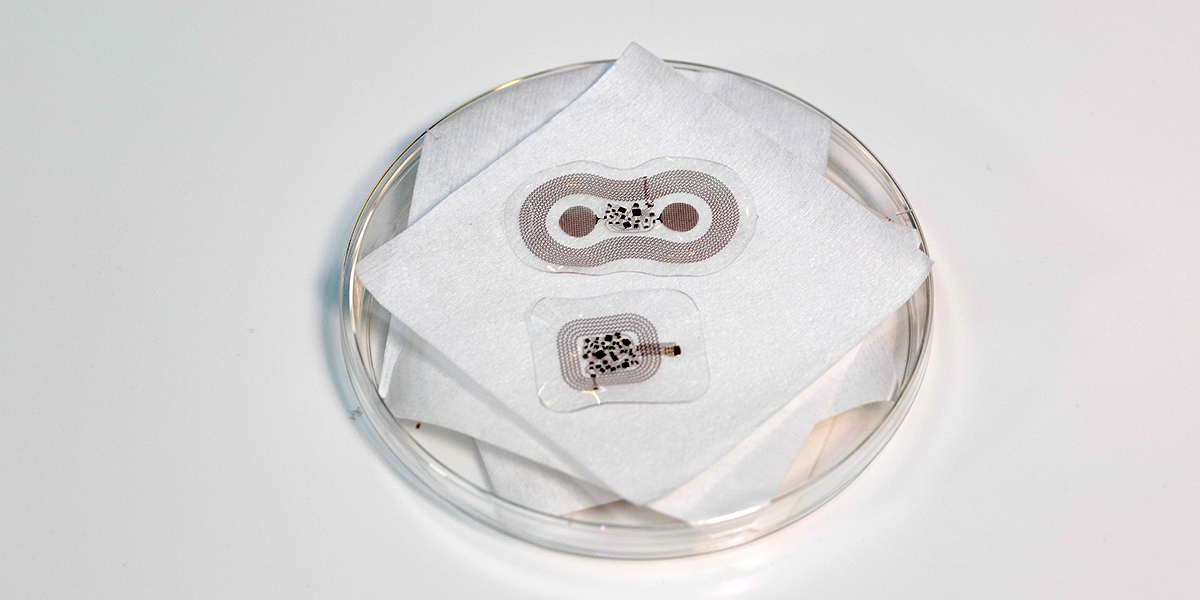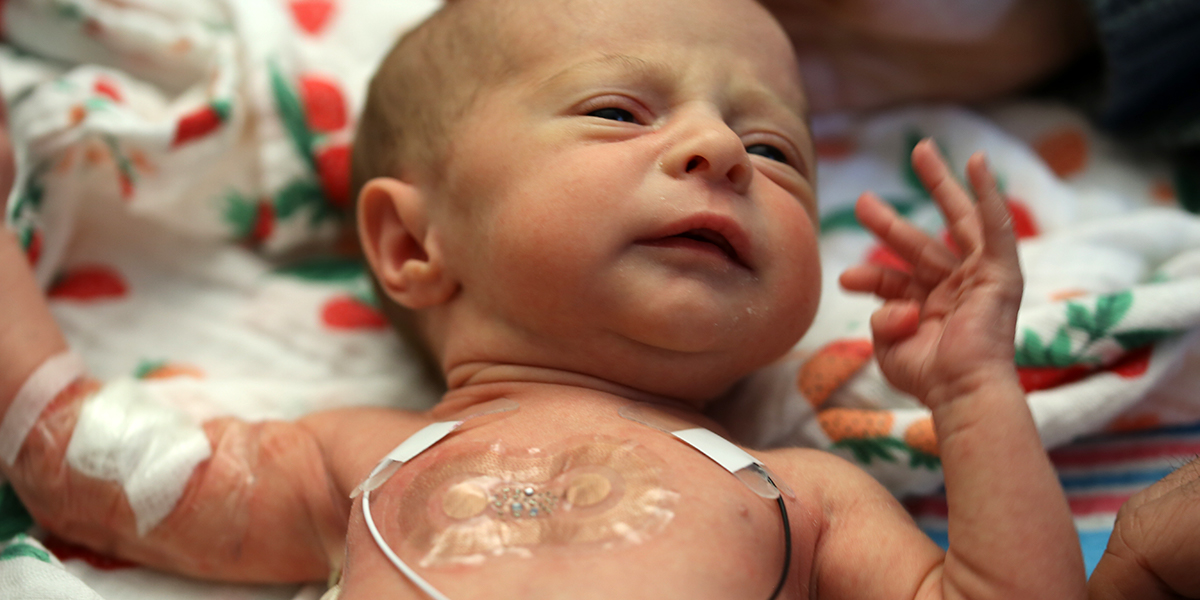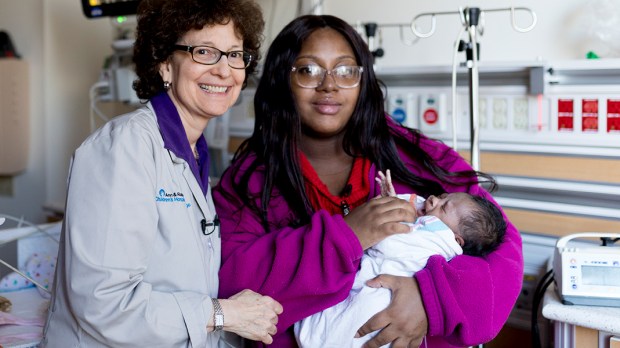Scientist who were testing new skin sensors to monitor stroke recovery and breathing disorders have determined that the same technology could potentially revolutionize neonatal ICU care. With this new safe, wireless monitoring system prematurely born babies would no longer have to spend their first weeks in isolated incubators, unable to be held for fear of ripping off an electrode.
These silicon patches, designed to imitate human skin for the comfort of the wearer, are applied to the chest and foot and can track heart and respiration rates, temperature, blood pressure and blood-oxygen level. Dr. Jon LaPook of CBS News is confident that their new technology is just as reliable as the current methods.
The project is the result of a collaboration between doctors and engineers at Northwestern University, who have developed these sensors. Each sensor utilizes a system of fine metal threads that capture the baby’s vital data. This information is transmitted to an antenna under the crib, which also powers the sensors and streams the data back to the hospital.

It is estimated that 300,000 American newborns are monitored each year. Of these, study co-author Dr. Amy Paller noted to CBS, 45 percent leave the hospital with scars from procedures or even the adhesive used to connect the current technology to their fragile skin. These wireless sensors will eliminate skin damage from monitor equipment.
The wireless patches would make caring for the babies easier as well. Current monitors are obtrusive during simple tasks like changing a diaper or breast-feeding, which must be delicately performed for fear of accidentally removing an electrode. With the wireless sensors, however, the obstacle disappears and a newborn’s needs can be met faster. This also frees up more time for nurses to attend to more babies.

Preemies may also develop faster, as their first few weeks can be spent in their mother’s arms, rather than in isolation. Paller noted that research has shown that skin-to-skin contact is pivotal in the development of preemies. Such a simple thing as motherly contact has been found to decrease the risk of developing infection, kidney issues, and lung issues.
While the technology is still several years away, it is sure to leave a positive impact on neonatal care. John Rogers, a researcher who has been working on the project for more than a decade, said:
“I’m personally very excited about … the possibility of using engineering to improve human health. We had a clear vision. This is where we wanted to end up,” he added. “And we couldn’t be happier with the outcome.”

